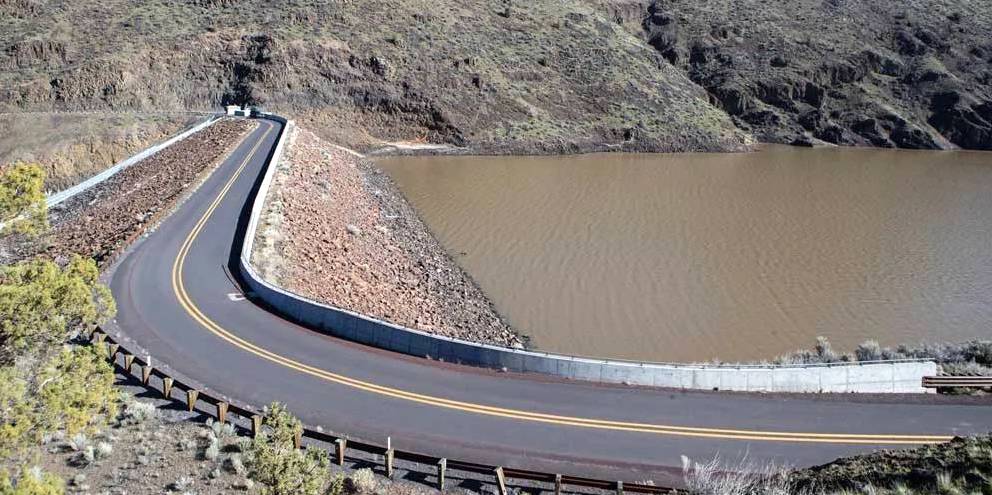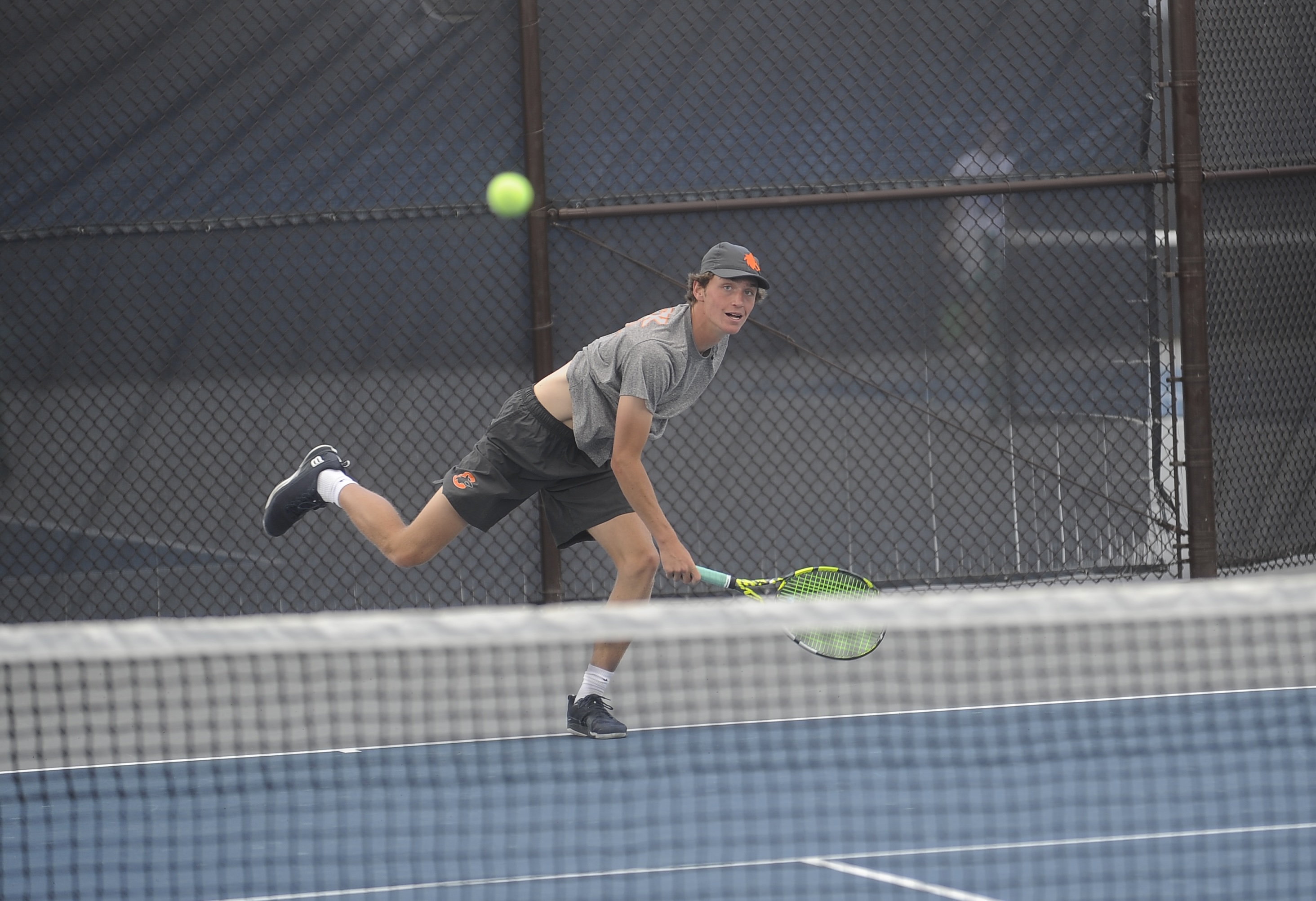Big bucks for big bucks
Published 5:00 am Thursday, June 3, 2004
Driven by deer hunters seeking a trophy, the annual deer and elk auction tags offered by the Oregon Department of Fish and Wildlife brought in more money in 2004 than in any previous year.
”We broke some records, especially with the deer tags,” said Steve Cherry, interim Access and Habitat coordinator for the ODFW.
This year’s auction tags brought in $179,000, well above the $164,000 of 2003 and the previous record of $165,000 in 2002. The auction tags, first offered in 1995, have now raised more than $1.3 million for the ODFW’s Access and Habitat program, which uses the money to improve habitat for wildlife in Oregon as well as provide hunting access to private land.
There was also an annual raffle tag sale, which this year brought in $80,938, about average for raffle tag sales over the last six years but well short of the record $100,557 earned in 2002. The raffle tags, which began with the auction tags in 1995, have now raised a total of just under $700,000. That money is also used to improve wildlife habitat and provide hunter access to private land.
Auction tag purchasers and raffle tag winners have three months during which to hunt, from Sept. 1 to Nov. 30, much longer than controlled hunt periods, which are typically less than two weeks.
Nine auctions make up the ODFW’s offering of 10 auction tags, which this year included four statewide deer tags, four statewide elk tags, and one auction for the combination statewide deer and elk tags sold together.
The four statewide deer tags sold for $24,000, $20,000, $25,000 and $21,000, marking the first time in the program’s history that all the deer tags went for $20,000 or more.
”(The $24,000) was the high until the other one was sold for $25,000,” said Cherry. ”That’s the most any deer tag has ever gone for (in Oregon).
”Mostly,” he added, ”everybody is going after mule deer. Every once in a while we get someone who wants to shoot a big blacktail.”
The four statewide elk tags sold for $14,500, $14,000, $18,000 and $10,000, netting slightly less than in years past, Cherry said.
The statewide combination tags sold for $32,500, a record. The pair of tags was auctioned at the Rocky Mountain Elk Foundation’s International Elk Camp in Reno, Nev., earlier this year.
The dynamics at work driving the prices of the statewide deer and elk tags, Cherry said, are somewhat more complex than at first glance.
Cherry surmised that the deer tags went for such high prices due to the difficulty in finding trophy mule deer during the regular controlled hunts.
”I think with declining deer herds, this is one of the few hunts where a person stands a high probability of going out and harvesting a large, mature deer,” he said. ”I think there are very few places in the state that you can have a high probability of doing that during the regular season.”
Terry Hickson of Springfield, who bought one of the statewide deer tags for $21,000, agreed.
”The elk herds are just getting stronger and stronger wherever you go,” he said, rattling off a number of Western states. ”Whereas mule deer seem to be dropping off.”
Cherry said he thought the lower amount brought in by the elk tags was due to several factors.
”I think with the management of elk in Oregon and the increased numbers throughout the state, the ability of a person to be able to harvest a mature bull has increased,” he said. ”So I think there’s not as much need or desire from the public to purchase these premium tags. There are certainly a lot of large, mature bulls throughout the state.”
Another factor influencing the price of the elk auction tags, Cherry noted, is the existence of private landowners who sell trespass rights to hunters to harvest elk on private lands.
”I think they can go to some of these private landowners throughout the state and have a good chance of harvesting a decent bull,” Cherry said.
”It’s certainly the same clientele who are probably using these pay-to-hunt ranches that are also buying these auction tags.”
In general, he noted, ”It’s a little easier to harvest a mature bull than it is to harvest a mature buck.”
Like many of the auction tag purchasers, Hickson said the hunt itself – not bagging a trophy – is the main reason for purchasing the tag.
”I generally have around 12 tags a year, in different states or in Mexico,” said Hickson. ”But I probably harvest but two animals a year. Maybe three at the most. For me it’s just the nostalgia of being with great friends. That’s 90 percent of what it’s about.”
Besides tags for deer and elk, the ODFW auctions tags for bighorn sheep and pronghorn antelope, with the money used to help improve those big game populations. In January, the bighorn sheep tag sold for $86,000. The pronghorn antelope tag, offered for the first time in Oregon last April, sold for $13,000.






